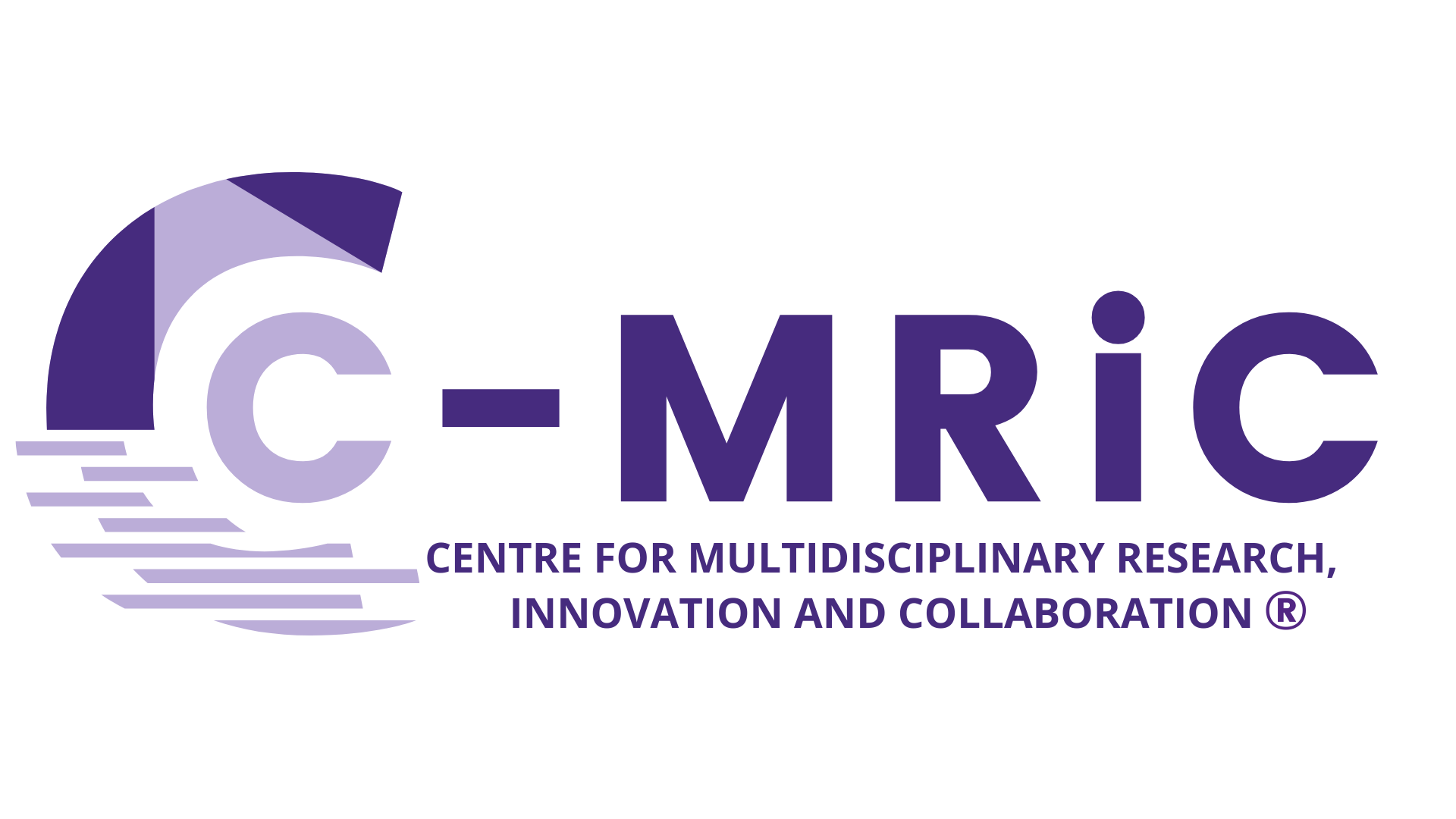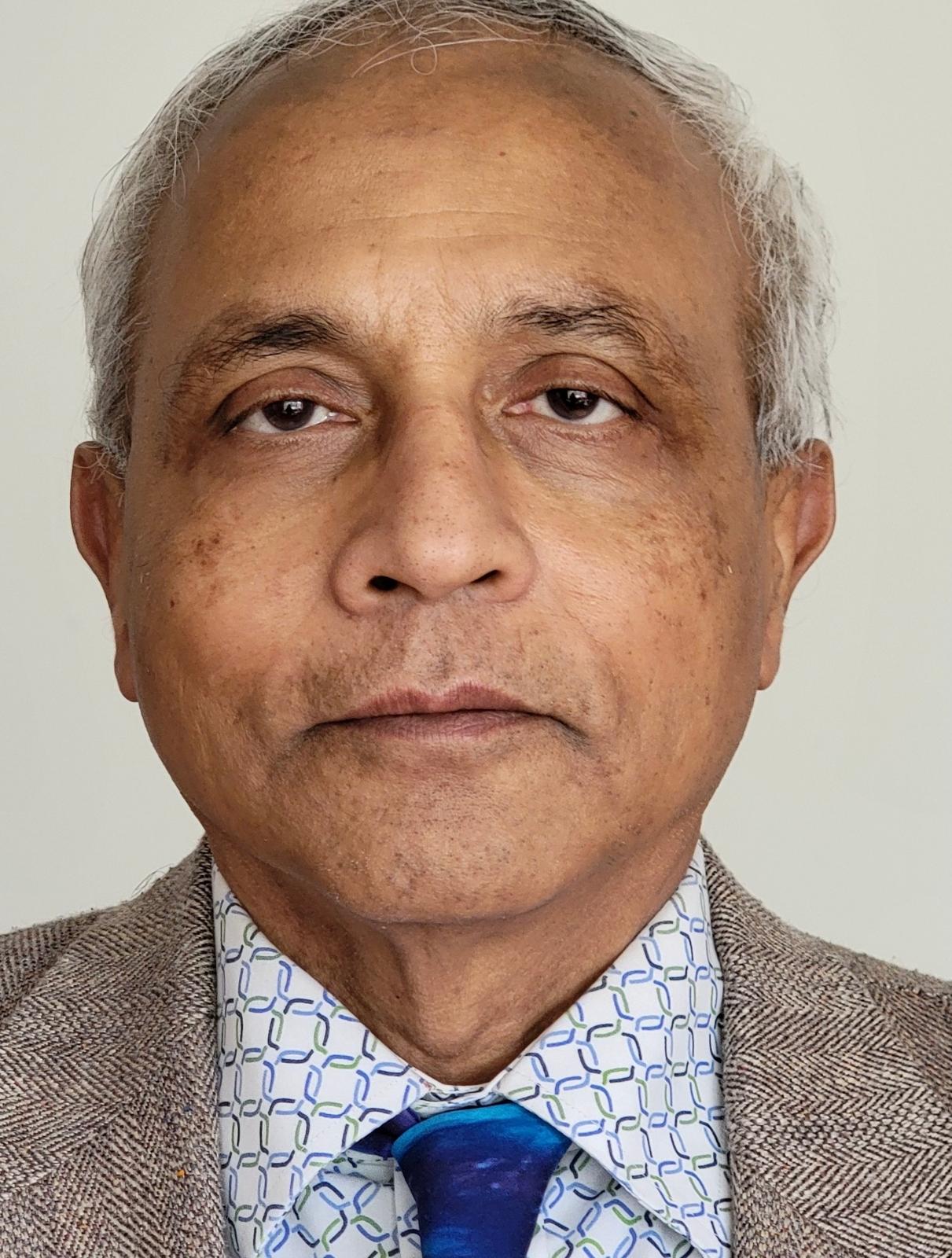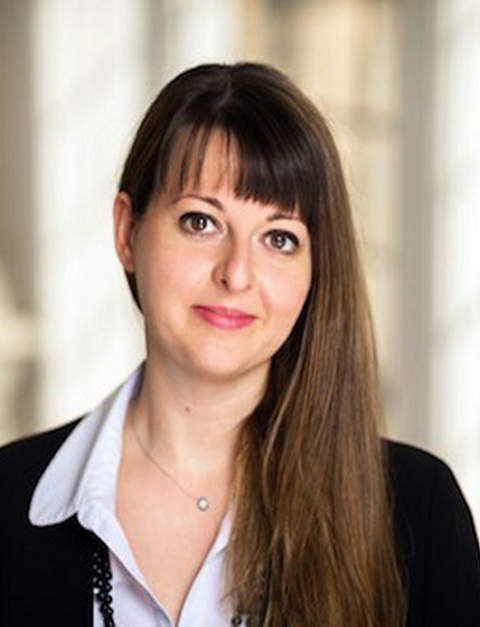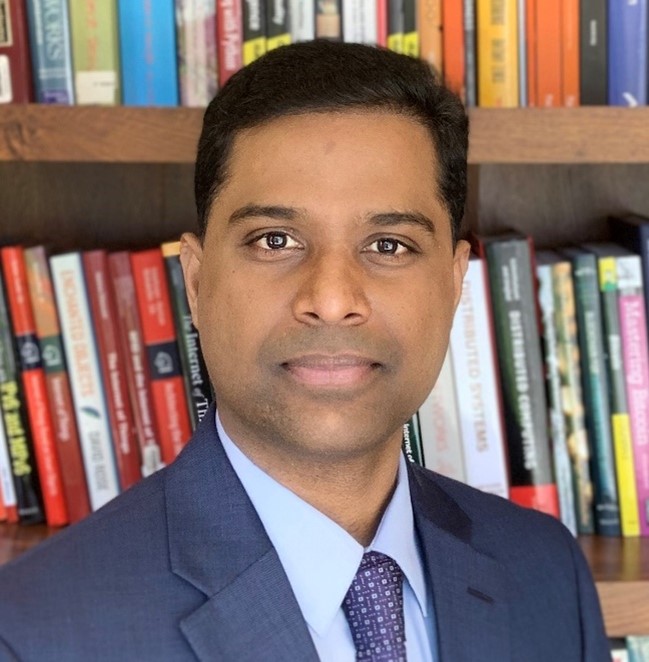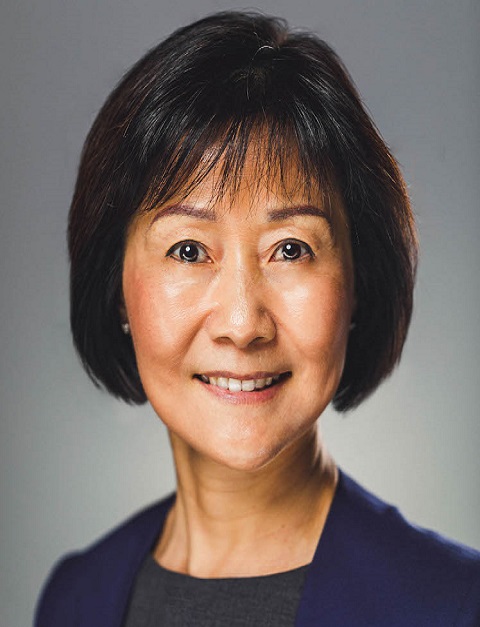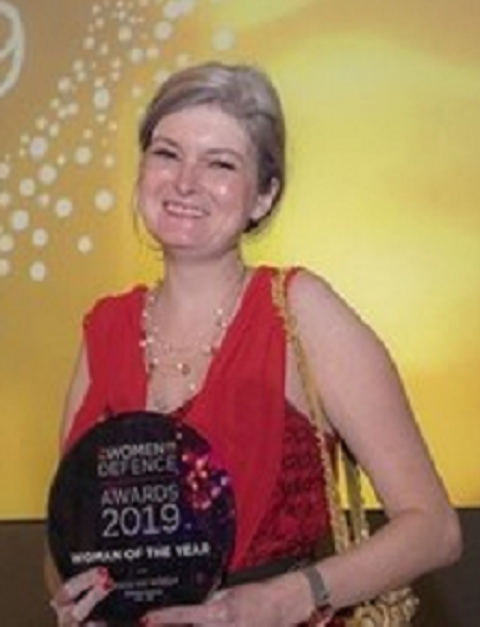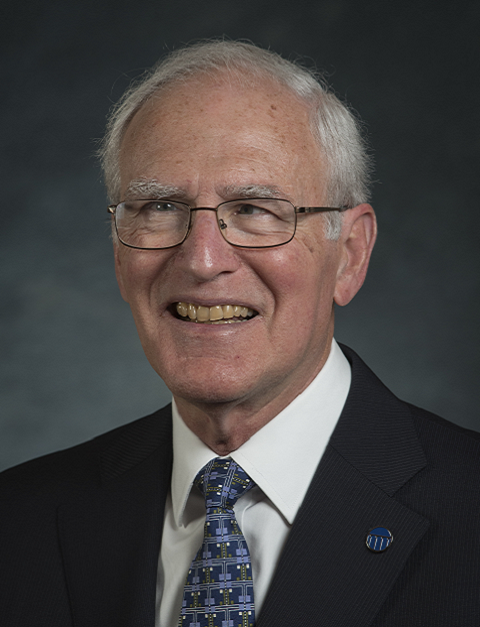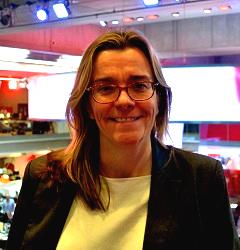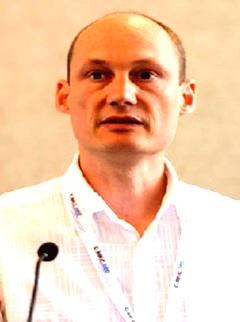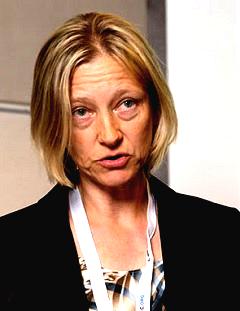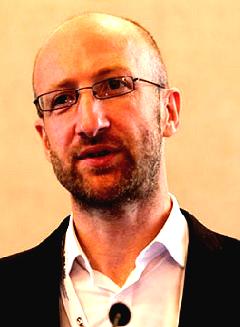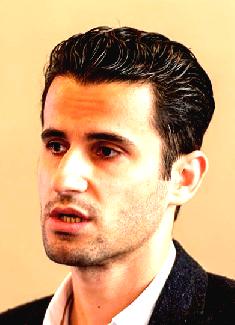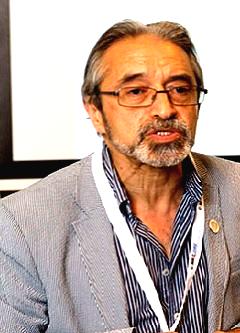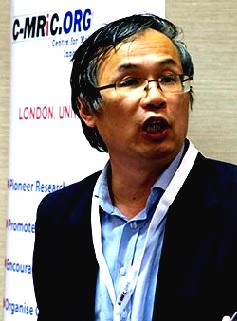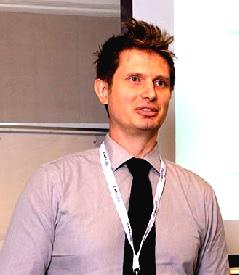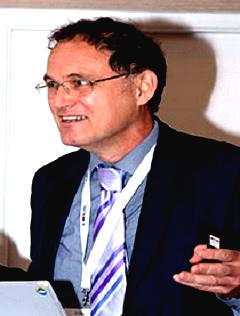Dr. Cyril Onwubiko is a Senior Member IEEE, Distinguished Speaker (DVP), & Board of Governor IEEE Computer Society, Past Secretary, IEEE United Kingdom and Ireland, Past Founding Chair, IEEE United Kingdom and Ireland Blockchain Group. As an active IEEE member for over 15 years, he has served in several other roles: Executive Member of the IEEE UK and Ireland Computer Society Chapter, Member of the European Public Policy Committee (EPPC) Working Group on ICT, responsible to the IEEE Board of Directors for the coordination of public policy activities, Reviewer to the IEEE Security & Privacy, IEEE Intelligence & Security Informatics (ISI), Young Professionals, Women in Engineering etc. He is also a Trustee, Board Member and Volunteer to other Charity organisations.
Cyril has over 20 years of experience in Enterprise Security Architecture, Cyber Situational Awareness, Cyber Security, Artificial Intelligence & Blockchain. Currently, he is Director, Enterprise Security Architecture at Pearson Plc, the world’s learning company. He is also Director, Artificial Intelligence, Blockchain & Cyber Security at Research Series Limited, where he directs strategy and governance in AI, Blockchain & Cyber Security. Prior to Pearson Plc, he had worked in the Financial Services, Telecommunication, Health, Government and Public Services Sectors.
He holds a PhD in Computer Network Security from Kingston University, London, UK; MSc in Internet Engineering, and BSc, first class honours, in Computer Science & Mathematics. He has authored and edited several books (8) and published over 40 peer-reviewed articles in leading and prestigious academic journals and conferences. He is the Editor of the Cyber Science series, Editor-in-Chief of the International Journal on Cyber Situational Awareness (IJCSA), and Founder of the Centre for Multidisciplinary Research, Innovation and Collaboration (C-MRiC), a not for profit and nongovernmental organisation dedicated to the advancement of outstanding research and innovation through collaboration (https://www.c-mric.com). For more information, please visit https://www.c-mric.com/cyril
